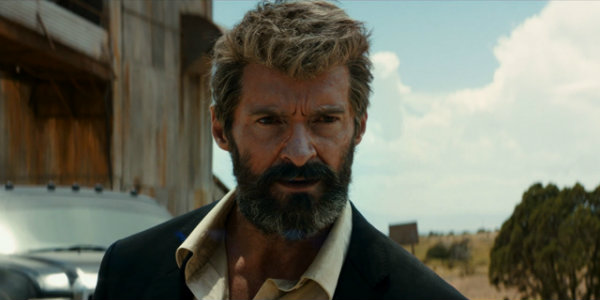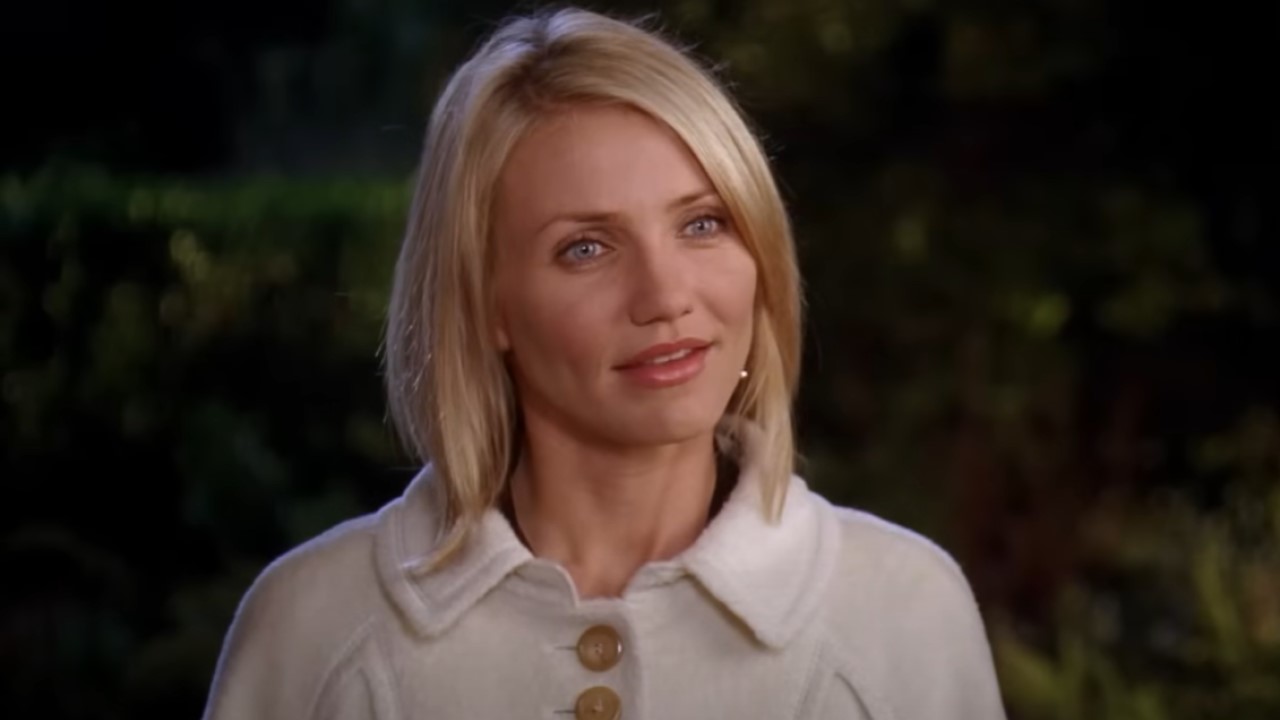How James Mangold Prevented Logan From Becoming A Run-Of-The-Mill Superhero Movie

Your Daily Blend of Entertainment News
You are now subscribed
Your newsletter sign-up was successful
James Mangold's finale for the Wolverine (Hugh Jackman) saga delivered a gut-punch of an ending and capped off nearly two decades of X-Men stories. Giving such a definitive conclusion to such a popular franchise property could be considered risky in the world of superhero filmmaking, but Mangold recently addressed those concerns and explained that the goal was always to make the best possible movie, rather than a tentpole that would lead to another film, which helped set Logan apart. The director explained (and basic spoilers):
We had a goal to make a more humane movie. I mean in a weird way--it's so funny when you're doing press on movies like this because people are always asking, 'Oh do you think people are going to be unkind to you because you're a superhero movie?' And then they ask you questions that could only be asked of a superhero movie. For instance, that Charles and Logan die would be no big deal if this were another movie. I wanted to make a great movie and the only [thing] I could see that was getting in the way of a lot of filmmakers who I admire who are working on similar tentpole films, was the responsibility to be making something that was part of a universe or series. It takes away from the fact that the film itself is a film in and of itself.
Superhero movies are designed for longevity these days. Even when characters die (such as the death of Superman in Batman v Superman: Dawn of Justice), the stage is usually set for them to return somewhere down the line. By contrast, James Mangold wanted to tell the final chapter in the Wolverine story with a clear beginning, middle, and ending, which meant treating Wolverine and Charles Xavier (Patrick Stweart) like real characters who could be killed like in many other movies. Logan was, first and foremost, a gripping and hard-R story; the fact that it adapted a comic book inhabited by superpowered beings played second fiddle to the desire to tell a father-son story.
For James Mangold, much of this stems back to the fact that he doesn't think of "superhero movies" or "comic book movies" as genres. Elsewhere in his conversation with Deadline, he remarked that superhero movies are films that use certain archetypes of character, but the "genre" of a superhero movie is the type of story that a filmmaker inserts the character into -- such as a western or a romantic-comedy. In that regard, Logan arguably did a better job of embodying the hallmarks of a traditional, gritty western than a straightforward blockbuster, which made it easier for the creative team to skirt the ideas that people traditionally associate with costumed heroes.
Another major factor that contributed to the success of Logan's story, according to James Mangold, was the fact that it was a less commercial film than other properties. By focusing on the story itself instead of how the studio could make merchandise off of Logan and Charles Xavier, Mangold and co. were able to make a substantially better product. Mangold addressed Logan's lack of emphasis on merchandising and said:
What you're really asking is how we could end this asset for this franchise in this movie? Because we don't give a shit, meaning that we want to make a good movie. And at the point where you are thinking about Happy Meals and action figures, you aren't thinking about the movie.
James Mangold makes a pretty cogent argument for Logan's critical success, and it's hard to deny that the final Wolverine solo film (for now) provides a solid roadmap for comic book movies aiming to defy "superhero" conventions. Now, with the year drawing to a close, check out our definitive ranking of 2017's comic book-based films and look at our 2017 movie premiere guide and 2018 movie premiere guide to see what the next year has in store.
Your Daily Blend of Entertainment News
Originally from Connecticut, Conner grew up in San Diego and graduated from Chapman University in 2014. He now lives in Los Angeles working in and around the entertainment industry and can mostly be found binging horror movies and chugging coffee.

